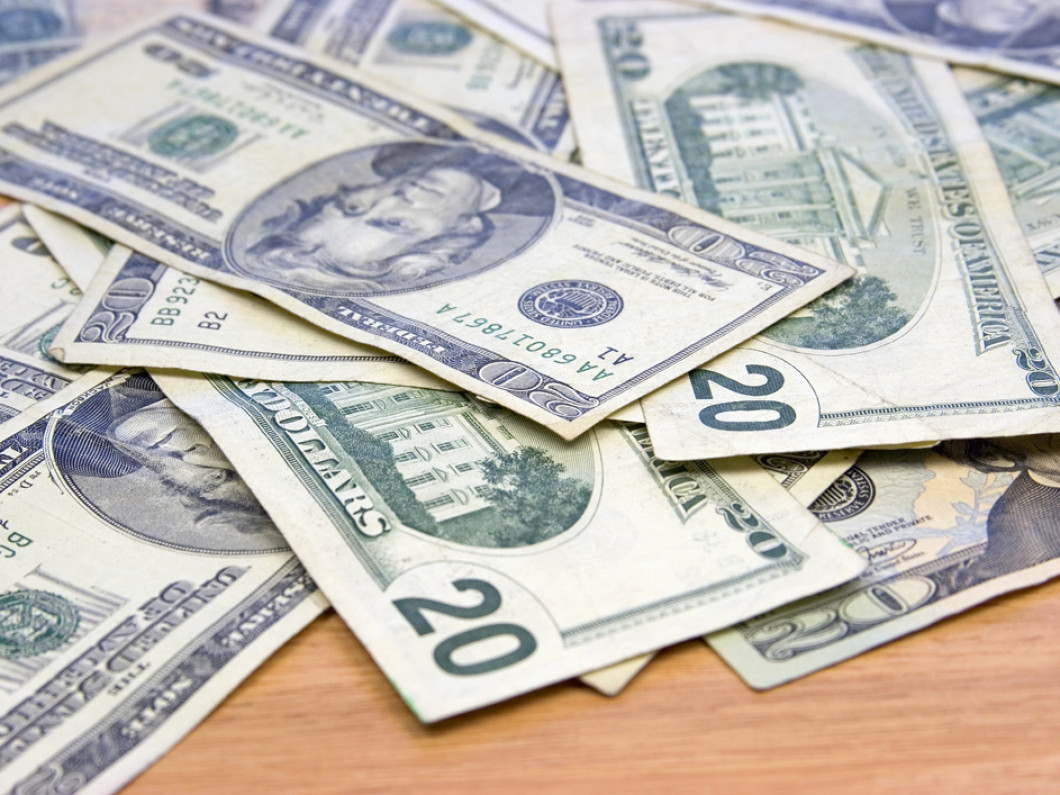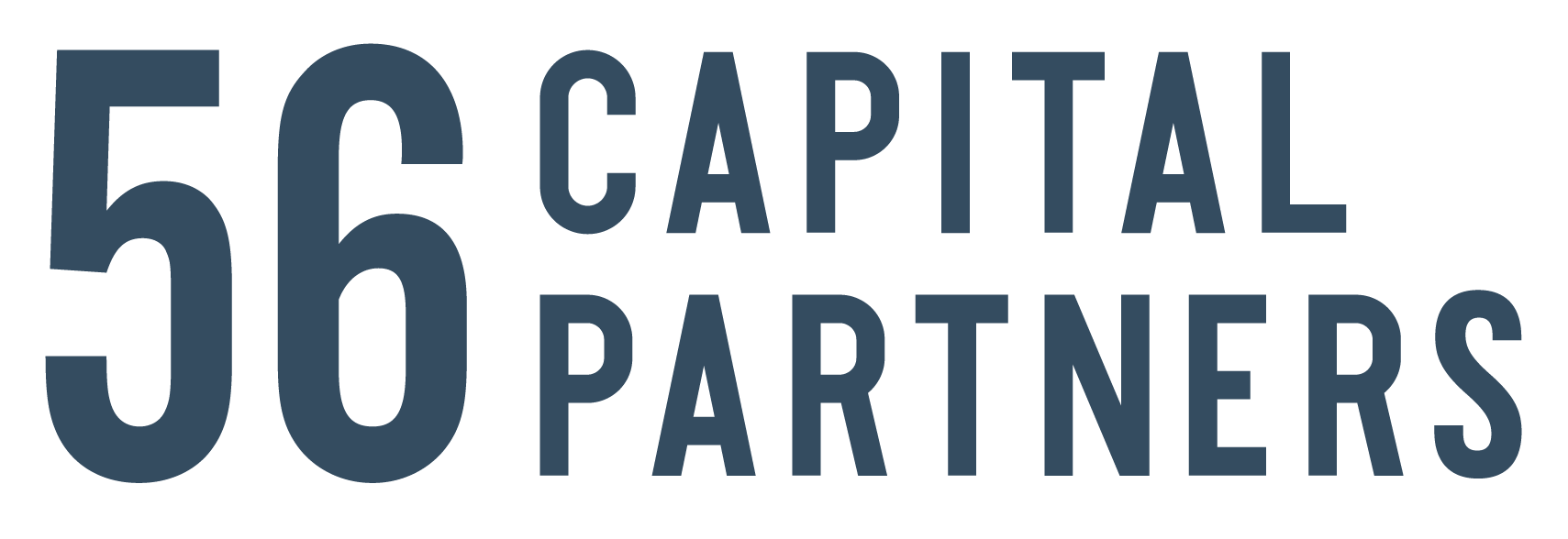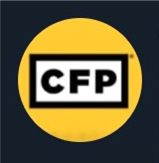
What a roller coaster year it has been so far! Markets down 34% and rallies back up with record breaking numbers. COVID-19 has taken over our everyday lives which has created chaos in the job market, supply chains and pretty much every aspect of the way we function. Unemployment rates have jumped to 14.7% (the "real" rate which includes workers not looking for jobs and the underemployed is at 22.8%) in April taking over the throne of the highest number on record. Bailout money is being given to companies as business plummets due to stay at home orders. Some industries are being hit harder than others and are now closing stores or filing for bankruptcy. Oil plummets to a record low of -$37 and gas prices drop to numbers not seen in more than four years.
It is a scary paragraph above but it is the reality of our economy right now especially with new lock downs and case numbers soaring. If you are one of those individuals who was laid off or furloughed, I am so sorry. These are hard times we are going through right now but hopefully it has been an eye opener of being prepared. In an earlier blog we touched on the importance of emergency funds. This blog is meant to piggyback on that subject but give you a bigger scope to work with. You are at home bored because you have binged watched every show, read 15 books, home schooled your children and cooked countless meals throughout the days blurring together. The one thing most people drag their feet on though is making a budget for the family or the business to not only survive these trying times but thrive.
Yes, a budget! Now is the perfect time to sit down, open the books (computer) and get to work on creating a budget. Since the lifestyle we are living right now does not include all the things we are used to doing, it is interesting to see how little we actual spend. We all love to eat out which can consume much of our monthly budget, but since staying home I am sure you have seen a significant decline in your spending for eating out. I know what you are thinking, "well it just means that I spend more on groceries", which is true, but not completely. Statistically you will spend more eating out or having food delivered. Things like tipping and delivery charges add up quickly, creating what could have been a $6.00 serving to a $20.00 serving. Oh, and let me not forget to mention all the payroll that is involved in the food industry. Common sense should shine through, hopefully, that you realize it is cheaper to be your own chef!
That is just one example of saving during these trying times. Create a simple budget that includes all your income. Subtract out the necessary expenses you must come up with each month (essentials like house, car, utilities etc.) and see what you have leftover. The leftover covers things like food, entertainment, clothing, gas, etc. Compile what you have been spending while at home and see if you can do that amount once you return to a normal life. It is easy once you have been without to change the way your mind thinks. For example, treat yourself to a nice meal outside of the house once a week or go see a movie once a month instead of every weekend. If you know you are going to eat out at Ruth's Chris and run up a $200 tab for your splurge, make sure to budget extra or only treat yourself once a month if you go to that extreme.
Establishing a budget is hard, but with life completely flipping upside down, you can make a transition into a new budget quickly. Start with easy things that you know you do not absolutely have to have and see how much extra you end up saving. The numbers will amaze you! Good luck and stay safe out there as the world starts to turn again and get back to normal. As always, never hesitate to give us a shout so we can help!
Written By:
Erin Watkins




